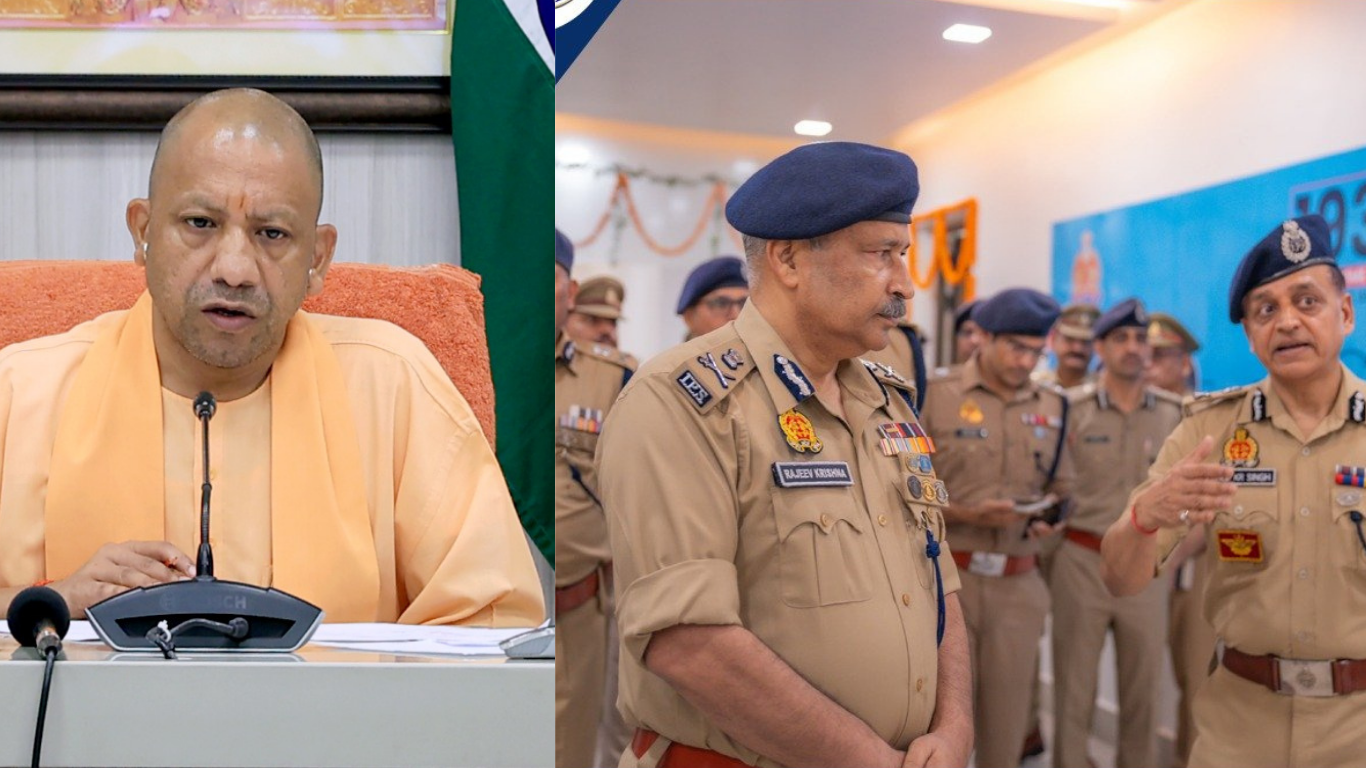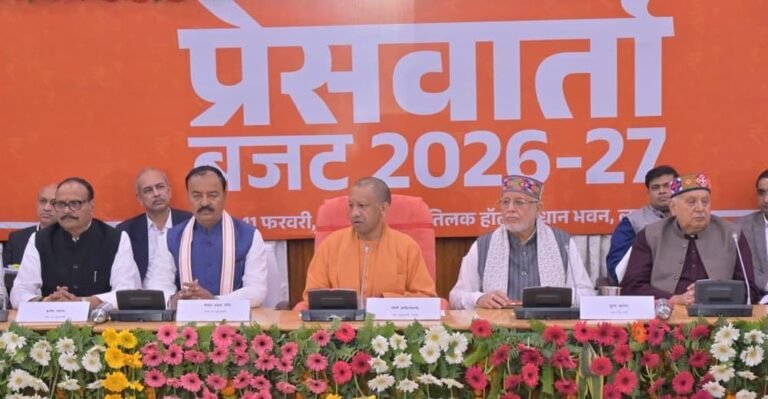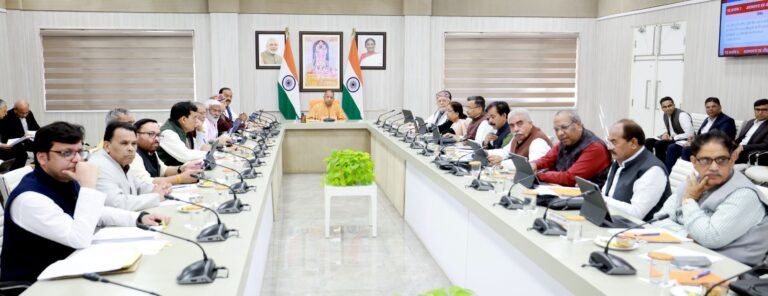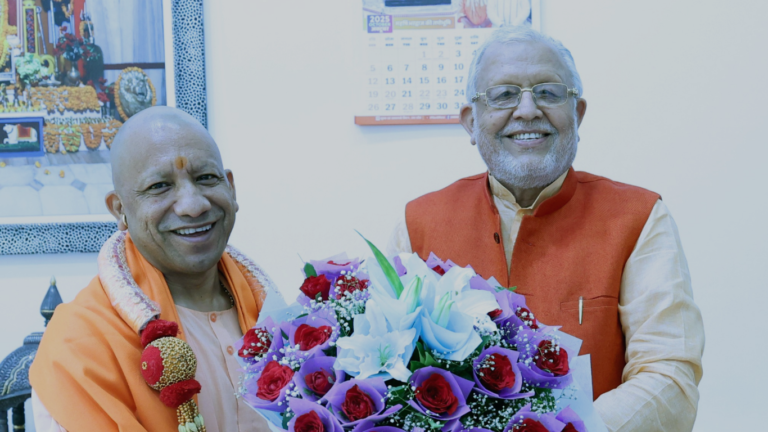
Lucknow, Uttar Pradesh: In a significant move aimed at curbing misuse of police power in civil and judicial matters, the Uttar Pradesh government has issued a statewide directive instructing police officials to avoid direct contact with parties and their legal representatives in cases that are pending before the courts.
The official circular, issued last week by the state’s Home Department, strictly prohibits police personnel from visiting disputed properties or communicating with advocates and litigants involved in active cases—unless explicitly directed by a court. The decision comes in response to growing concerns over police interference in ongoing legal disputes, particularly those involving land and property.
This order is not merely administrative. It follows a strong observation by the Allahabad High Court, which recently took serious note of police officers allegedly overstepping their legal limits. In one such case, a 90-year-old man had filed a Public Interest Litigation (PIL) claiming that police officers had tried to intimidate him and even raided the home of his lawyer. The High Court asked the state government to explain what measures were being taken to ensure the police do not meddle in civil disputes that are sub-judice.
The government responded promptly, assuring the court that guidelines would be prepared to address the issue. As per the update filed before the court, two police officers in Jaunpur had already been suspended, while others were served show-cause notices for their involvement in the case. Further, local instructions had already been issued in Jaunpur district before the circular was extended statewide.
The High Court was informed that the directive is not just limited to one district but is now applicable across all districts of Uttar Pradesh. Police officers must now seek court approval before engaging in any action related to a matter that is already before the judiciary.
Legal experts and civil rights groups have welcomed the move, calling it a necessary step to uphold the sanctity of court proceedings and to prevent harassment of citizens by misusing police authority. Many have pointed out that over the years, there have been numerous instances where police officers have interfered in property disputes under pressure or influence, even when the cases were pending in court.
The directive clearly mentions that police must not visit any property that is under legal dispute, nor should they contact any of the involved parties or their lawyers in any manner—whether in person or via phone—unless a judicial order specifically instructs them to do so. The goal is to preserve the fairness of legal proceedings and to protect the rights of individuals engaged in lawful disputes.
The circular, which was submitted as part of an affidavit before the Allahabad High Court, is now being circulated to all district police chiefs and supervisory officers for strict compliance. The court is expected to review the implementation of the directive in its next hearing.
This is not the first time the judiciary has stepped in to limit police overreach. However, the clarity and urgency with which the Uttar Pradesh government has acted in this case marks a shift towards greater accountability in law enforcement, especially in matters involving civil rights and legal procedures.
With the state home department now actively monitoring police conduct in such matters, the focus will be on ensuring that these instructions are followed in letter and spirit—sending a clear message that law and order must function within the bounds of due process.



